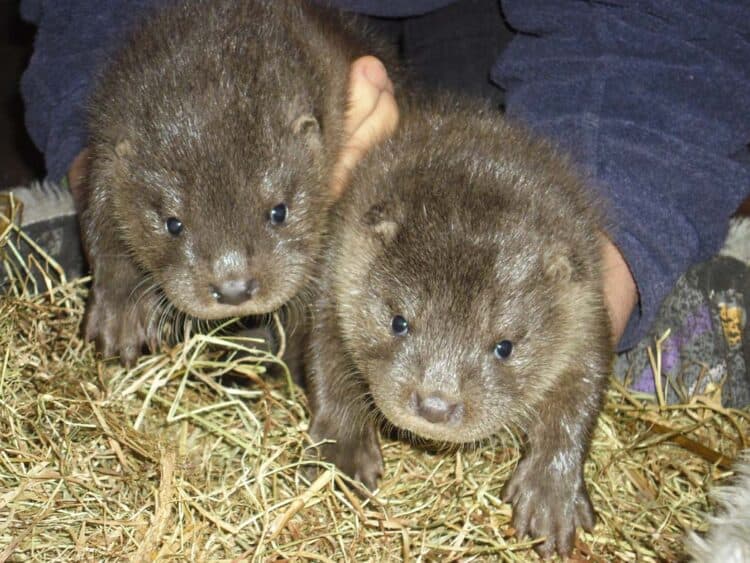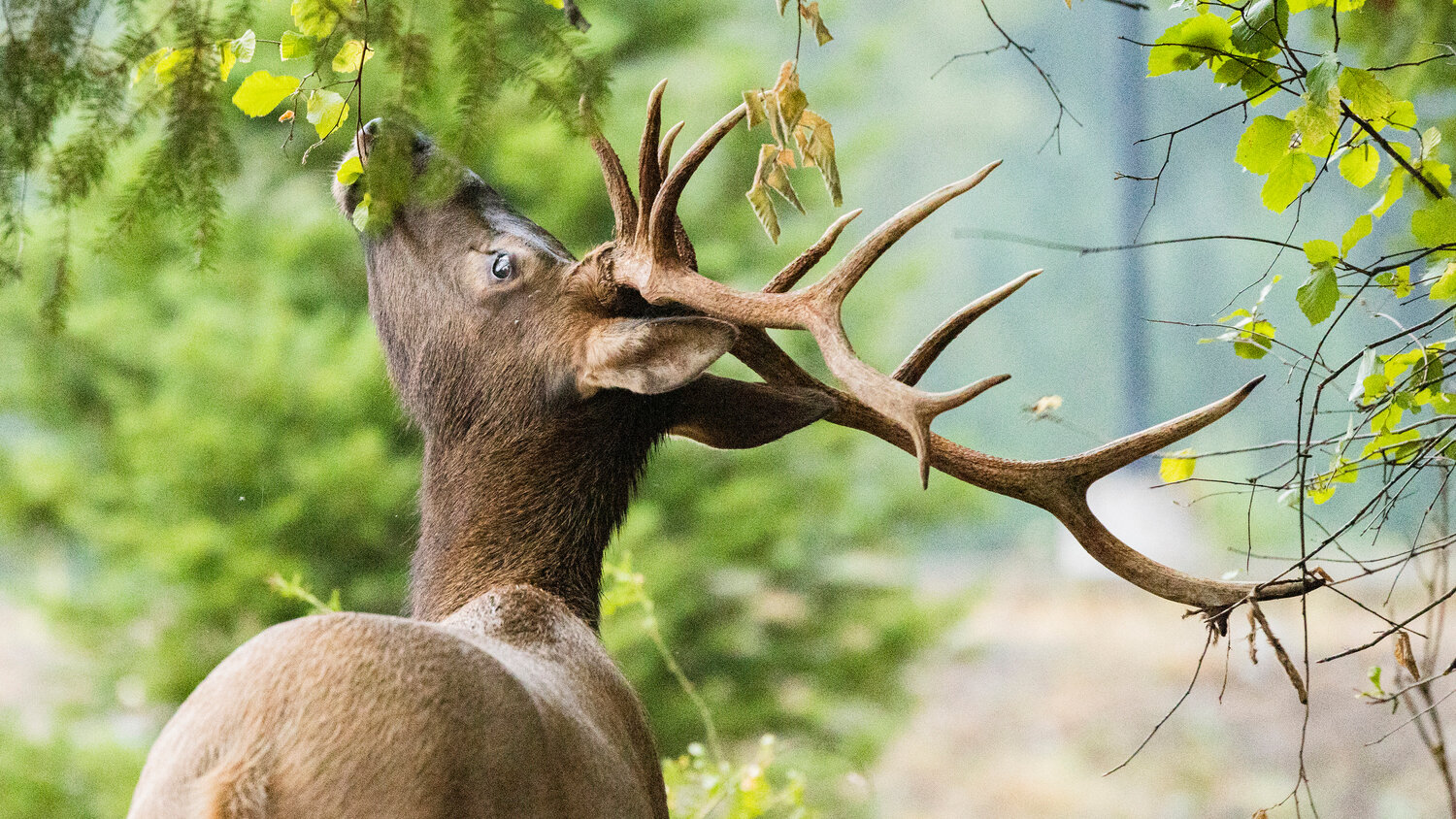With the arrival of the Internet in our lives, the number of conservation initiatives has grown because of the increased coverage of environmental issues. Offline organizations began to join together with all sorts of online products to give as many people as possible the opportunity to make a difference, make the world a better place to live, and to reduce the damage we do to nature every day.
So let’s take a closer look at some of the most significant issues that digital products along with offline organizations are actively dealing with.
Wild Browser vs. The problem of wildlife extinction
The total number of known threatened animal species has increased from 5,205 to 8,462 since 1996 and this number continues to grow inexorably. We cannot continue to destroy the fragile creatures that we share the planet with, and Wild Browser fights for that goal.
The idea of Wild Browser is very simple. Everyone can contribute to animal welfare and rescue by choosing Wild Browser. Work, browse, and communicate using the app while helping to secure a future for the wildlife and wild places we all love.
How does it work? As users surf the web, revenue generated by Wild Browser’s search ads accrues in the background without interfering with their internet experience. 100% of these proceeds are donated to wildlife and nature conservation charities.
Wild Browser partners with a broad variety of animal charities from over a dozen countries located around the world.
Some examples of conservation partners include:
- FreeMe Wildlife, a South African rescue organization that has been rescuing and rehabilitating injured and abandoned wildlife since the 1990s.
- The International Rhino Foundation that works to conserve the five remaining species of rhinoceros, helping to grow populations while protecting wild rhinos from poaching and encroachment.
- Stand For Trees that protects mature trees and the ecosystems they support, something increasingly important as wildfires become more frequent and dangerous.
- The Ugandan Conservation Foundation that manages and protects conservancies and national parks in the country, with an emphasis on stopping poaching and other crimes committed against wildlife.
- The Animal Fund that undertakes marine conservation projects throughout Europe and northern Africa, with a particular focus on protecting dolphins and whales from dangers such as pollution and sonar testing.
Ocean Hero vs. The problem of ocean pollution caused by plastic
According to the Ellen MacArthur Foundation report, by 2050, there will be more plastic than fish in the ocean. And that’s what Ocean Hero is fighting against by recovering ocean-bound plastic and building recycling infrastructure.
It’s an extension with a clear mechanism of action that can be easily installed in the browser.
- Surf the web like you do every day.
- Collect shells along the way by opening tabs and searching the web.
- For every 100 shells, recover one plastic bottle!
Ocean Hero, in collaboration with their partners, works with local communities to recover ocean-bound waste while also supporting the Plastic Bank’s worldwide infrastructure of plastic collecting centers.
Many communities have limited waste management systems, and recycling centers are typically only available in larger cities. That’s why Ocean Hero teamed up with Trash Waste Solutions to develop micro-recycling plants right in their communities.
Mastercard Donate vs. The problem of deforestation
The problem of disappearing forests cannot be overestimated, because it directly affects climate change, the rate of animal extinction, and the decline in the quality of human life due to temperature changes and natural disasters.
Mastercard, in partnership with the Priceless Planet Coalition, has an initiative that allows you to donate money to the fight against deforestation. The Priceless Planet Coalition aims to preserve the environment through the restoration of 100 million trees in five years.
You can choose any of the projects described below and donate whatever amount is convenient for you. For two dollars you can save one tree, for four dollars you can save two, and so on.
Restoration project: Brazil
Amazon and Atlantic forests
This vital project will aid in the preservation and restoration of local and regional water cycles, helping to avoid the catastrophic collapse of the Amazon Rainforest and ensure the ongoing health of its overall ecosystem.
Restoration project: Kenya
Makuli Nzaui landscape, Makueni County
Forest and landscape restoration in this section of the planet will have significant impacts both locally and throughout Kenya, doing much to stabilize the climate, increase food production and improve water availability.
Restoration project: Australia
Southern Tablelands/Riverina, Western Sydney and Victoria
Their ambition is to assist and revitalize communities and landscapes devastated by the recent bushfires, while developing a long-term blueprint for addressing wildfire and disaster resilience as risks intensify each year.
——
Thanks to technological advances, thanks to close partnerships between organizations and creators of such products, we have the opportunity to help nature every day, without taking a break from the usual online activities.
Start your own little change today! For example, change your browser to Wild Browser to instantly get involved in helping nature. The world can become a better place through our joint efforts.







Leave a Reply